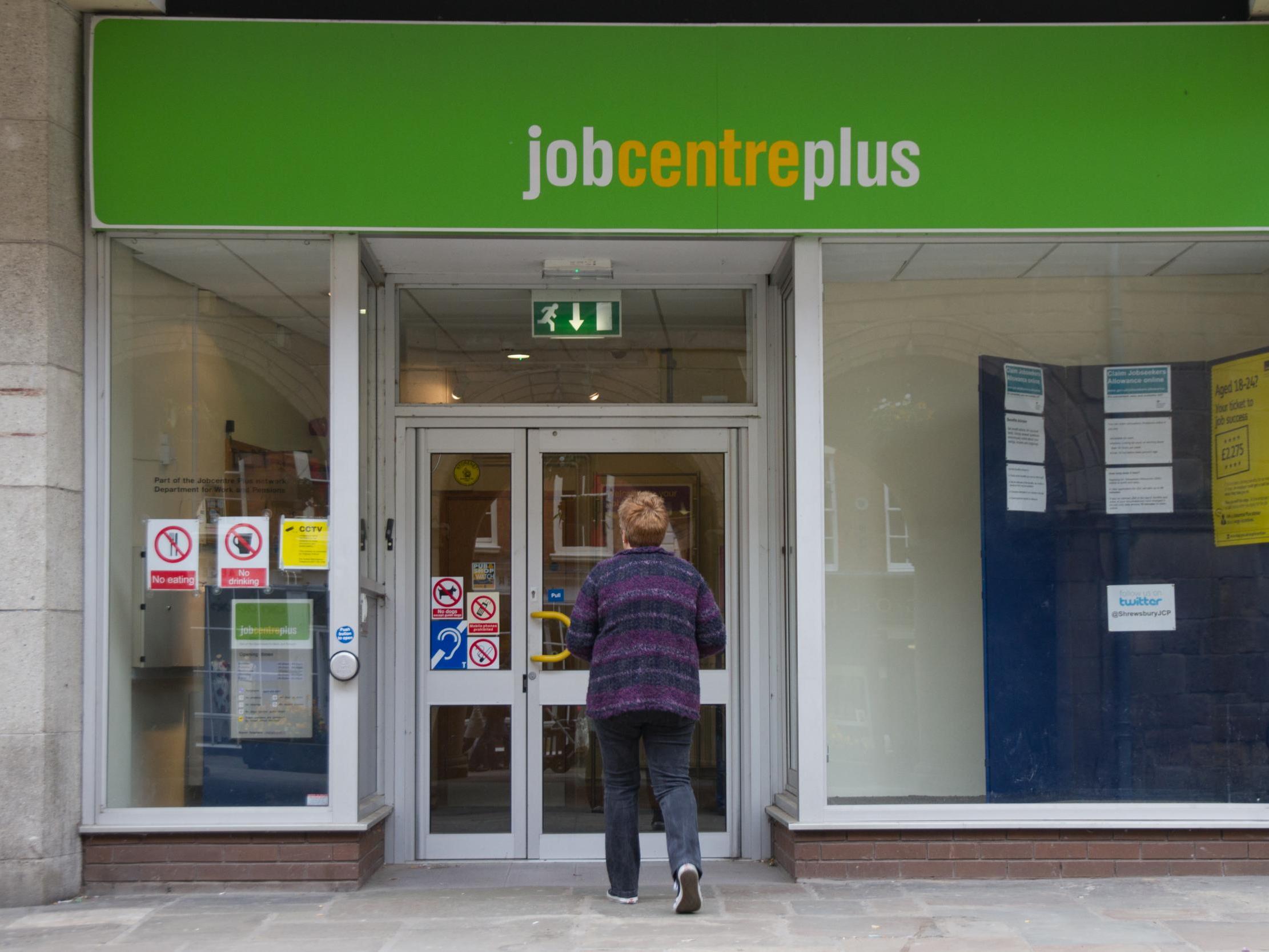Coronavirus crisis drives gender inequality with women ‘almost twice as likely as men’ to have lost jobs
Female workers are also less optimistic about chances of remaining employed in looming recession, writes Maya Oppenheim


The coronavirus crisis is driving gender inequality with women almost twice as likely as men to have lost their job during the pandemic, a new survey suggests.
Researchers at the University of Exeter’s Business School discovered 7 per cent of women had been made redundant during the lockdown in comparison to 4 per cent of men.
The report, which polled 1,500 people, found women were more likely to have seen their working hours reduced during the Covid-19 emergency while simultaneously taking on more childcare responsibilities, housework and homeschooling than men.
“The data gathered was representative of the UK population in regard to age, sex and ethnicity, and other variables such as income, employment status, family structure, geographical location and education were also taken into consideration,” the researchers said in a statement.
Professor Sonia Oreffice, one of the report’s authors, said: “We believe that the gender dimension of Covid-19 should be on the radar of policy-makers, and call for more Covid-19 gender-related research and policy analysis.
“Women represent half of the population, they are key to family structure and early human capital accumulation, and they are more vulnerable to domestic violence, poverty and single parenthood.
“The gender gaps after three months of lockdown that we document in this paper are worrisome for the whole UK economy and deserve further scrutiny from the academic community and effective policy actions.”
Researchers believe lockdown has compounded gender inequality across “most aspects of life” – noting this has had a detrimental effect on women’s mental health.
About one in four female respondents told researchers they had suffered an anxiety attack in the last two weeks in comparison to roughly one in seven men. Women were also more likely to feel depressed or hopeless.
Further, women were less optimistic when pressed about how the UK’s unemployment rate would fare during the impending recession, believing it would hit a higher figure than men did.
The Exeter survey follows one by PwC, published in May, that found 78 per cent of those who had already lost their jobs as a result of coronavirus were women.
Separately, the London School of Economics found that women could be at greater risk of unemployment in the looming recession because a greater proportion of them work in sectors forecast to be worst affected, such as hospitality, leisure, tourism and the arts.
Join our commenting forum
Join thought-provoking conversations, follow other Independent readers and see their replies
1Comments